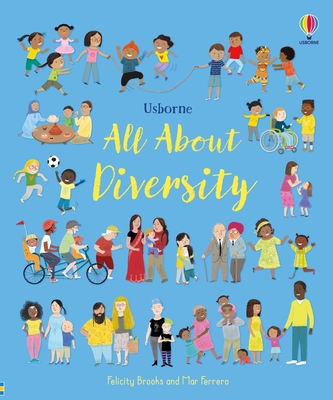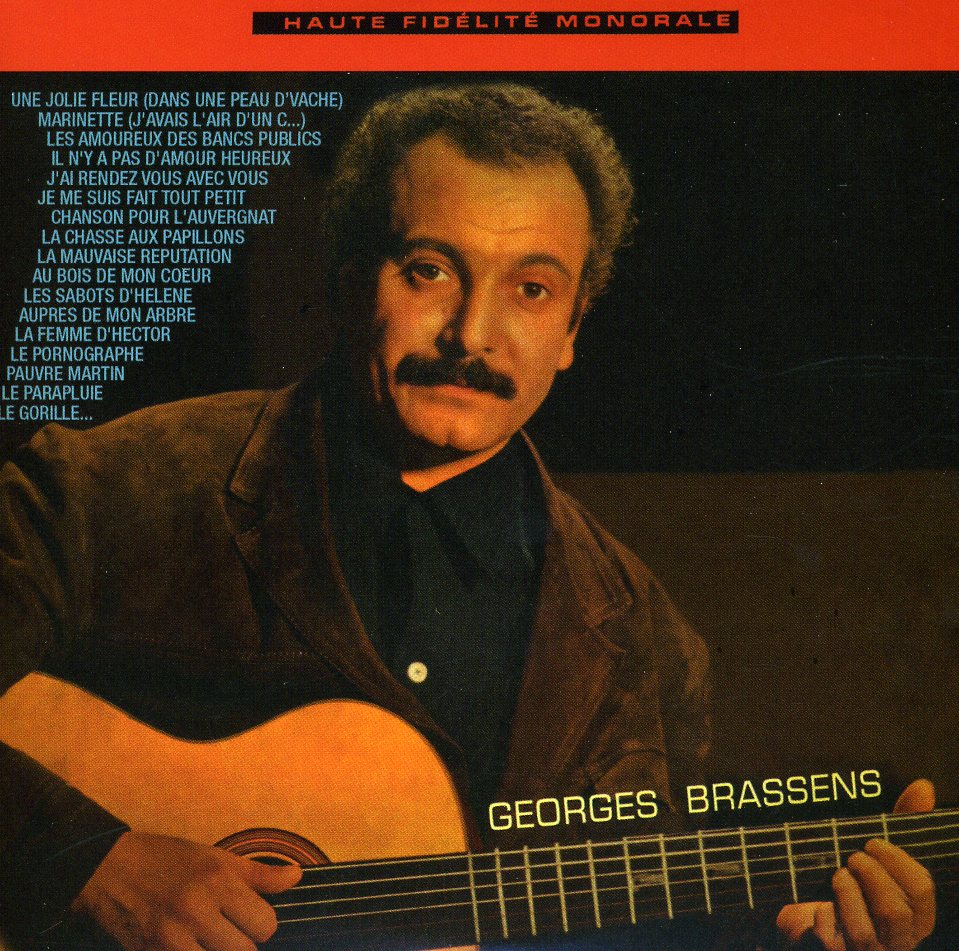
Johnson, Hannibal B.
This story, set in 1920, revolves around Charles "Charlie" Jackson, a twelve-and-a-half-year-old from Boley, Oklahoma, one of America's best-known all-Black towns. Today Boley, once a thriving black mecca, is smaller and more subdued. Still, signifi-cant historical footprints line her streets and alleys.
Charlie's window on the world offers us an up-close and personal view of this historic town during its heyday. In an era of great flux-the immediate wake of World War I; the dawn of women's suffrage; the rapid industrialization of America; the introduc-tion of the doomed social experiment known as "Prohibition"; the continuation of unstable race rela-tions and racial hostility, intimidation, and violence against African- Americans . . . Boley became a kind of cocoon enshrouding African-Americans ("coloreds" or "Negroes" at the time). They thrived, emboldened and empowered by the sense of openness and oppor-tunity the town provided.
Through Charlie's eyes, we re-visit the impor-tance of self-esteem, of believing in oneself and one's unlimited potential. Through Charlie's eyes, we re-examine what it means to be part of a family, to have deep roots. Through Charlie's eyes, we rediscover some of the values that help create a sense of com-munity: love, faith, charity, hope, perseverance, and integrity, just to name a few.
Charlie's experiences illuminate a little-known slice of American history. In the process, they high-light important lessons for our present lives and for our futures.







